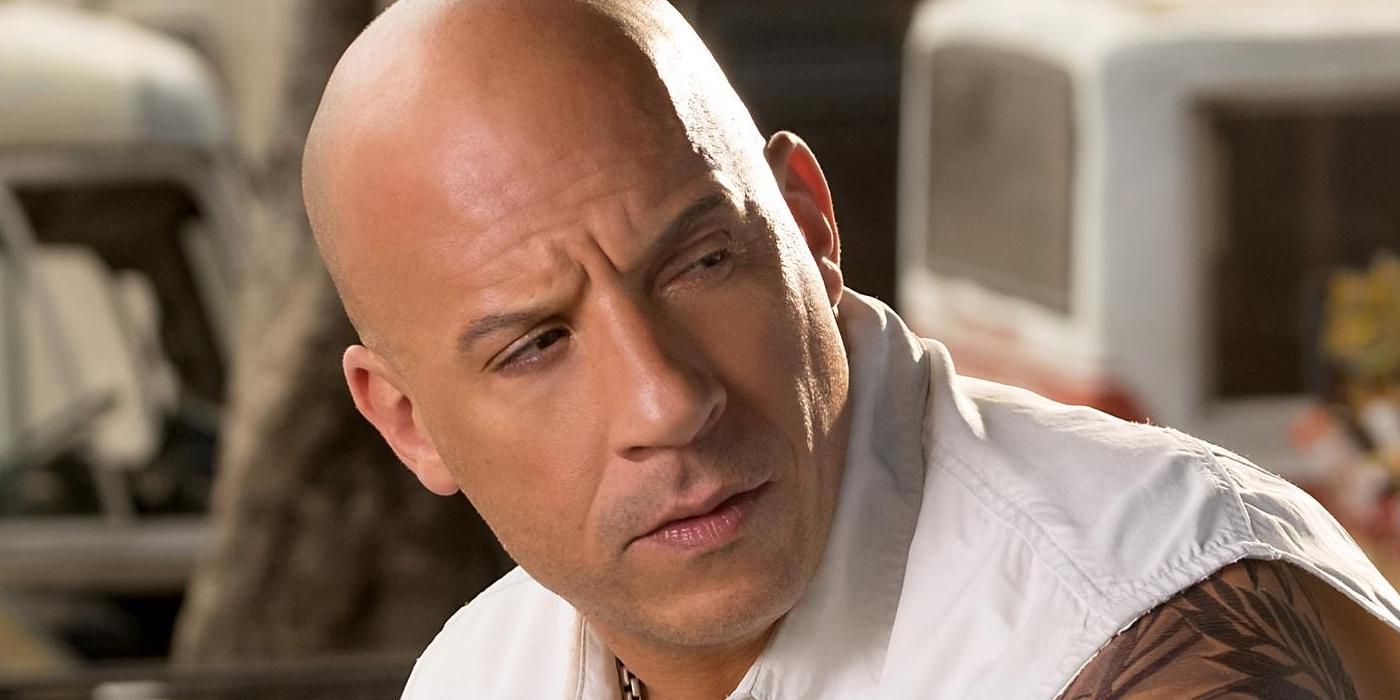‘The Toxic Avenger’ reboot wants to wipe out your medical debt
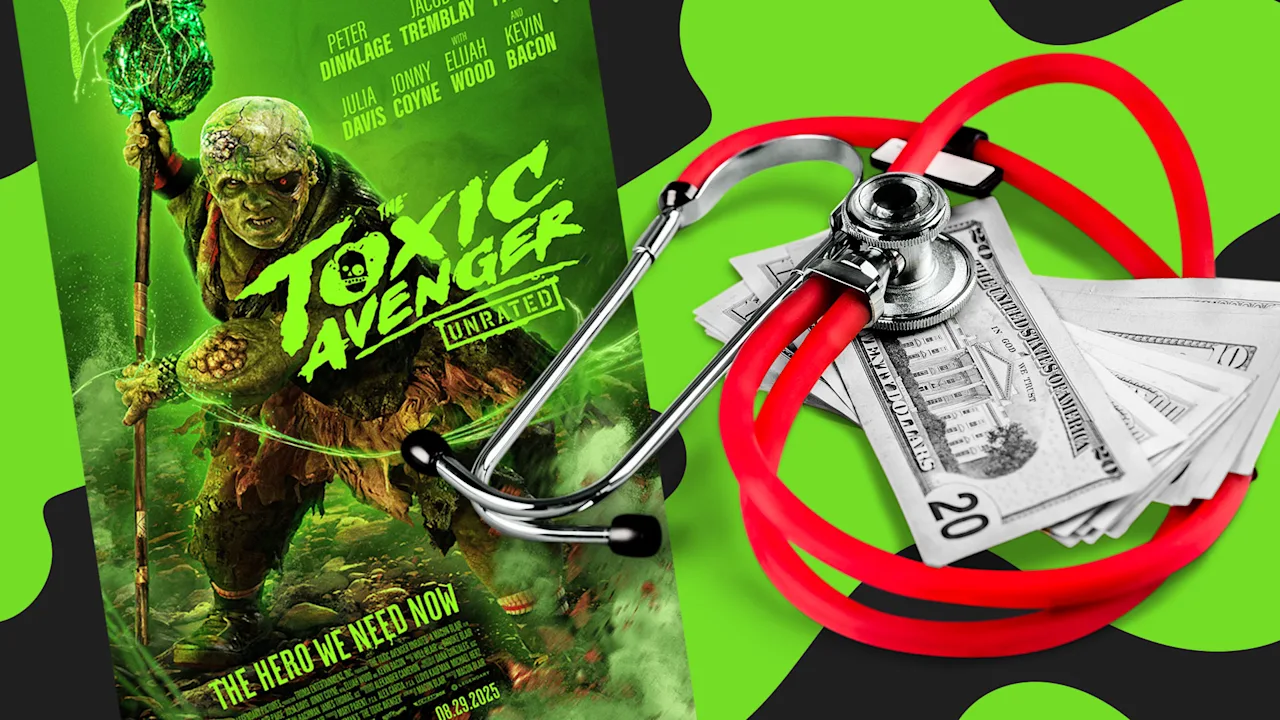
He may technically be toxic, but this avenger is radically improving people’s lives offscreen.
The Toxic Avenger, the schlocktacular splatterfest from the 1980s, is slashing its way out of video store purgatory this week, with a reboot starring Peter Dinklage and Kevin Bacon—and an innovative marketing campaign.
Hybrid studio-distributor Cineverse is hyping the film by working with the nonprofit Undue Medical Debt to wipe out at least $5 million in debt for families struggling to pay their medical bills. (The grand total may end up being much more as another $1 million in debt will be shredded for every million that Toxie takes in from theaters.)
It’s the rare benevolent marketing gesture that will have an immediate material impact on real Americans.
Earlier promotions for the glossy-scuzzy throwback flick included a collaboration with Liquid Death and the reintroduction of another long-dormant entity, Moviefone’s phone line.
However, when the time came to put together the final push in the days before the movie’s August 29 release date, Cineverse’s marketing team had originally considered moving in a much different direction than where they ended up.
“We were brainstorming stunts and I was leaning toward what we were calling a ‘mop flash’ with dancing janitors,” Lauren McCarthy, SVP of marketing at Cineverse, tells Fast Company.
That concept was rooted in the fact that Dinklage’s titular character starts the movie working as a janitor. (The original 1984 film, from unapologetically trashy studio Troma, also centered around a custodian.) While flash mobs have previously helped promote movies like 2018’s Mamma Mia: Here We Go Again—and while it’s quite easy to imagine gyrating janitors making some kind of a splash online—the idea met with a bit of hesitancy in the room.
“Someone on my very smart team said, ‘Um, let’s maybe do something good for the world instead,’” McCarthy recalls. “And when this idea came up, we pivoted right away.”
A good cause inspired by the character’s origin story
Although the core appeal of the campy gore-forward movie is watching a mutated custodian rip bad guy limbs right out of their sockets, The Toxic Avenger has a clear thematic connection to medical debt.
Early in the film, a doctor diagnoses Dinklage’s character, Winston Gooze, with a rare life-threatening disease. He now has somewhere between six months and a year to live—unless he can afford to pay the exorbitant cost of treatment, which the health insurance from his shady employer (played by Bacon) of course does not cover.
Even before a vat of toxic sludge enters the picture, our hero is doomed by the expensive complexities of America’s healthcare system.
Though the punishingly high cost of medical bills is a major concern for uninsured Americans at all times, it has figured prominently in the national conversation throughout 2025.
Last December, Luigi Mangione allegedly gunned down UnitedHealthcare CEO Brian Thompson, following a long struggle with chronic back pain. (Mangione has pleaded not guilty.) The grim spectacle of this assassination ultimately provoked an outpouring of American grievances with the health insurance industry at the year’s start.
Then, just last month, a federal judge blocked a Biden-era rule from the Consumer Financial Protection Bureau (CFPB) meant to ban medical debt from showing up in credit reports. With the topic still fresh in public discourse, Cineverse is wise to spotlight its presence in the movie—while making a huge difference in people’s lives in the bargain.
Beyond being a noble move, though, it’s a cost-effective marketing spend. Undue Medical Debt works by using donor money to purchase medical debt in large, bundled portfolios, and homing in on bills for those most in need.
As John Oliver demonstrated in an illuminating, charitable episode of Last Week Tonight from 2016, the shady debt-buying business is structured in such a way that altruistic souls can sometimes scoop up—and wipe out—a stranger’s debt for “less than half a cent on a dollar.”
No matter the precise terms of Cineverse’s arrangement with Unpaid Medical Debt, it’s clear the studio’s dollar is stretching a long way—and for a positive cause.
Movie marketing as charity
Plenty of movie promotions in the past have had a charitable component.
To draw attention to the environmental undercurrent of 2007’s Steve Carrell comedy Evan Almighty, Universal Studios teamed up with The Conservation Fund for the planting of 15,000 trees, for instance.
Lucasfilm and Disney launched the Star Wars: Force for Change program in 2014, a year before the release of Episode 7: The Force Awakens, and raised $4.2 million for Unicef.
And the 2020 release Buffaloed even embarked on a similar partnership with Undue Medical Debt to erase $1.5 million in bills. (Zoey Deutch’s character in that film is a debt collector.)
Cineverse’s push stands out, however, for the scale of its generosity ($5 million in debt eliminated, and potentially much more), its timeliness, and its relevance to the film’s themes.
It’s a witty reminder that maybe the real toxicity in The Toxic Avenger is the medical debt that too many Americans accrued along the way.
What's Your Reaction?
 Like
0
Like
0
 Dislike
0
Dislike
0
 Love
0
Love
0
 Funny
0
Funny
0
 Angry
0
Angry
0
 Sad
0
Sad
0
 Wow
0
Wow
0








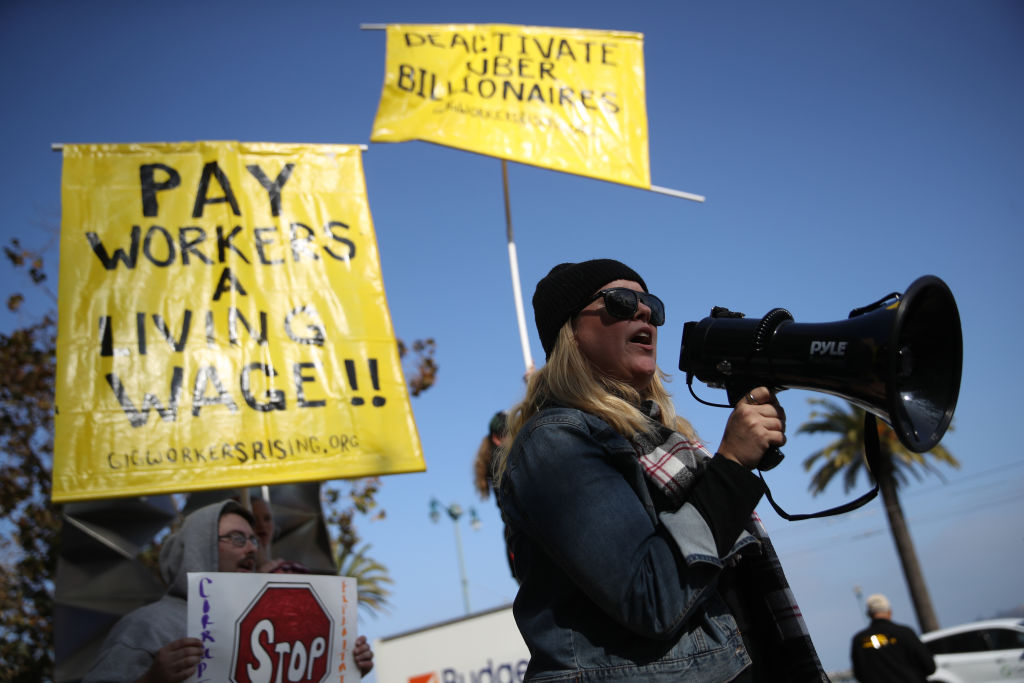




































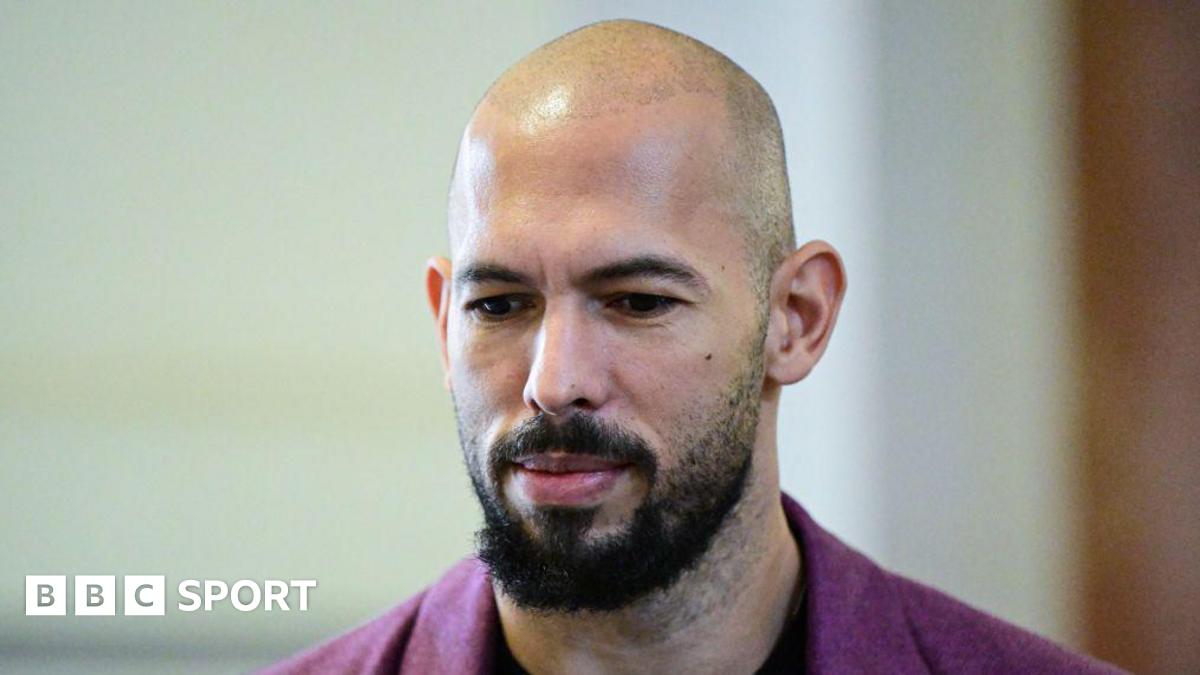




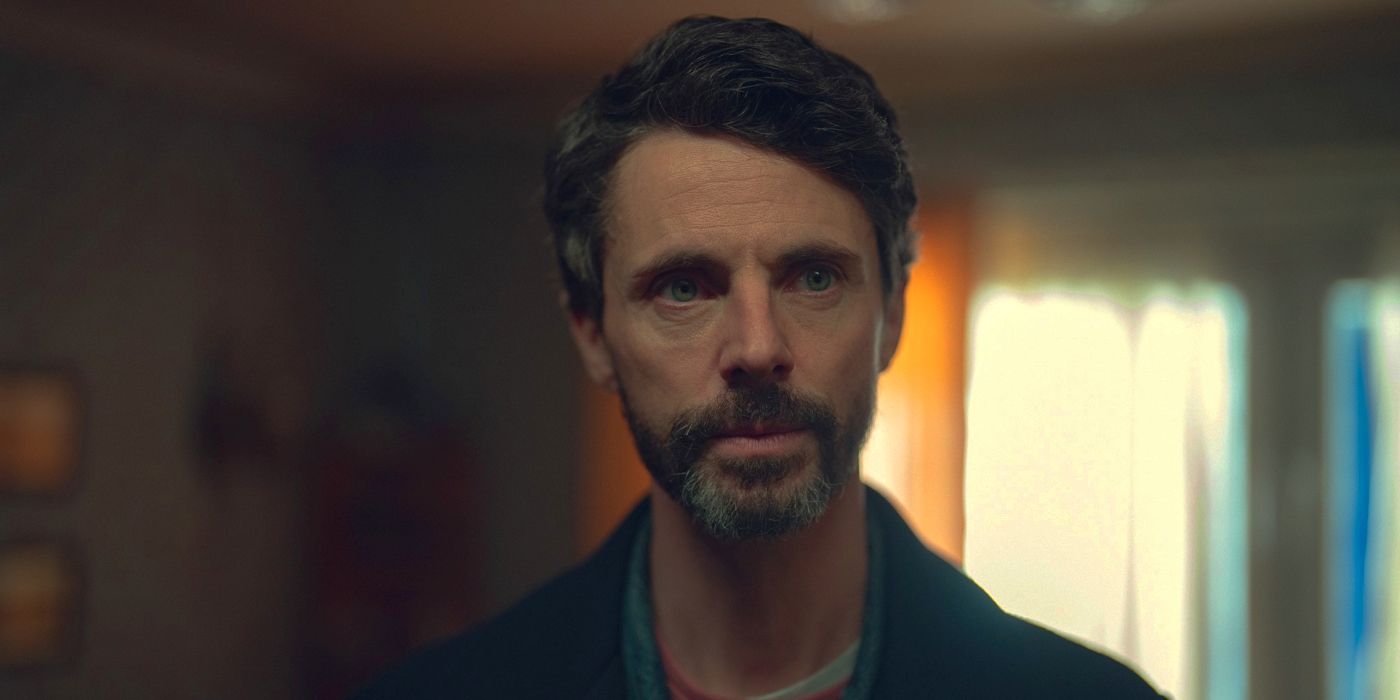

![[Premiere] Ryan Collins shares energetic, inspiring single "Stars N Stripes"](https://earmilk.com/wp-content/uploads/2025/08/Screenshot-2025-08-29-at-4.40.03-PM-800x504.png)


